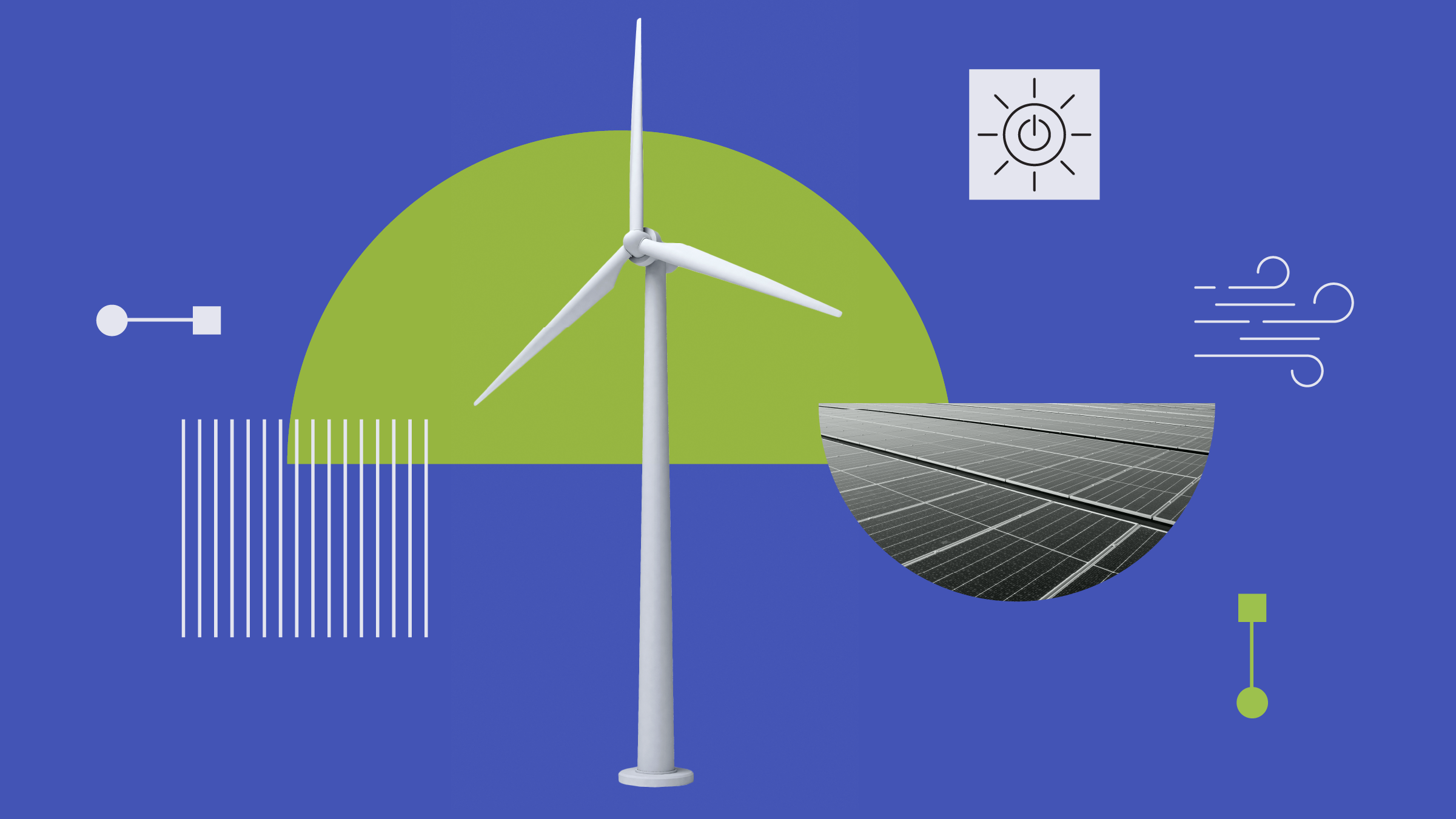Holly Black: Welcome to the Morningstar series, "Why Should I Invest With You?" I'm Holly Black. With me today is Richard Pease. He is Manager of the Crux European Special Situations Fund. Hello.
So, what does the fund aim to do?
Richard Pease: Well, we aim to make people money obviously. But what we look for when we're buying European equities are certain characteristics. Funny enough, very often what private equity look for works for us, too. If you are borrowing a lot of money to buy a company, the bank needs to know how it's going to get paid back. And the two most important things are stickiness and revenue stream. In other words, recurring revenue and a decent return on your capital. And that works for us too. Quite a few of our companies have at some stage been through private equity. We don't tend to do IPOs, but we tend to buy afterwards. We can't change management, but we can choose management. And we like guys who have got a proven track record and we like guys who are very aligned personally in the shares and that tends to work every time. And obviously, we have very good demands in terms of return on capital. So, that's what we do.
Black: So, Europe has been quite out of favour with investors and so is sort of value investing as a style. Has that made your life quite difficult over the past few years?
Pease: Well, no one likes being very unpopular. But I think just before we get too sort of depressed, markets tend to climb walls of worry. And I think if you just look at what's happened in the last six months, European markets are up 17% despite all the headlines. And I think actually, certainly, in my experience, whenever you feel least comfortable about investing, it's probably the kind of best time to do it. I think when people are very complacent, very often valuations are more demanding obviously.
Black: But are there aspects that you are still concerned about? Obviously, there's a lot of political uncertainty still.
Pease: Yes. I think it's very hard not to get a bit depressed when you open the papers and see some of the headlines. I mean, obviously, when things get tough, politics tend to get more polarized and that's unattractive. We want harmony and we don't want fights. Sitting here in London obviously we have to deal with Brexit. That's unhelpful as a whole, but obviously particularly for someone in the U.K. And you know, you are slightly spoilt for choice in terms of bad stories. But I think before we get too depressed again, if you look back over the last 10, 12 years, we've been through quite a dramatic time. You've had the financial meltdown in '08; you had all sorts of dramas since. And markets actually have handled it pretty well on the whole. So, I don't think it's the end of the world.
Black: And usually, that's where the opportunities are if you are brave enough?
Pease: Well, I think so. And I think don't forget that if you do nothing, you get nothing. I mean, rates are very low. I haven't checked what you get in the bank recently. But if you look at the portfolio that we've got, the underlying yield is something like 3% and 3.25% which is – that's for dividend – which is obviously not too bad and it's growing. And I think that you have a lot of upside just in terms of looking at what companies can actually do, because I think M&A is starting to kick in now. If valuations are very depressed, what tends to happen is that if the market doesn't get it, somebody else does and it's bought. I mean, quite recently, we have a stock called Ramirent, which is a Finnish construction company, and that was yielding 8.5% and that was bought at a 65% premium a few weeks ago by a French competitor. And I think we will get this happening more often. I mean, I wouldn't panic. I would just keep one's head down and be patient.
Black: Super. Well, thank you so much for your time. And thanks for joining us.
















